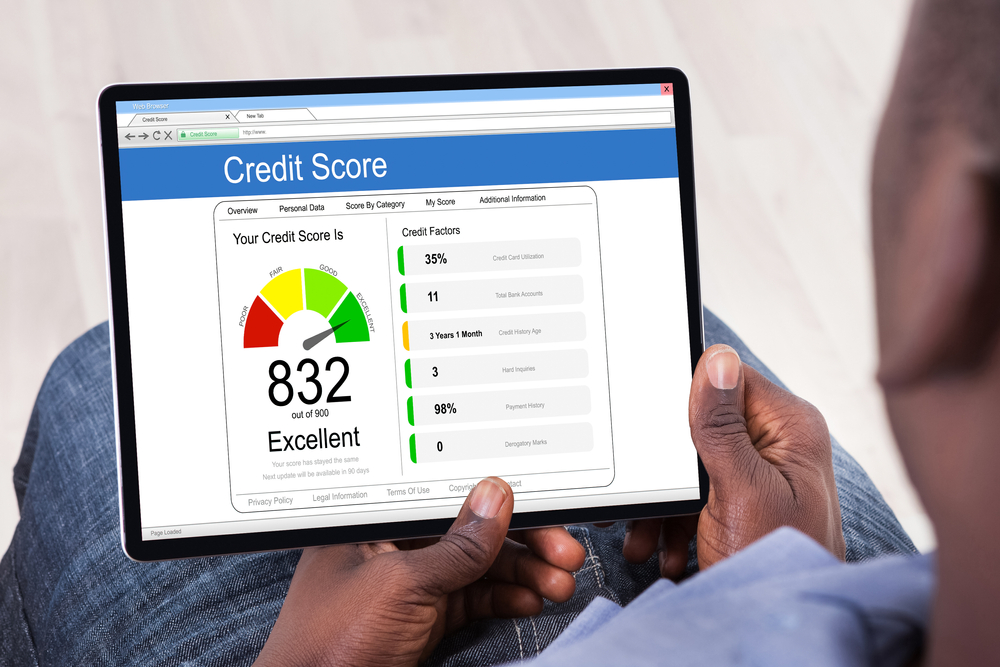
In today’s world, your financial health is often closely tied to your credit score and your ability to manage debt responsibly. In this blog post, we’ll explore the critical aspects of credit scores and debt management, shedding light on why they matter and offering practical tips for maintaining good financial standing.
The Basics of Credit Scores: Your credit score is a numerical representation of your creditworthiness. It’s used by lenders, landlords, and even employers to assess how likely you are to repay borrowed money. Here are some key points to understand:
- Credit Bureaus: Credit reporting agencies like Experian, Equifax, and TransUnion compile data on your credit history and generate credit reports, which are the basis for your credit score.
- FICO Scores: The most common type of credit score used by lenders is the FICO score, which ranges from 300 to 850. The higher your score, the better your credit.
- Factors Affecting Your Score: Your credit score is influenced by several factors, including payment history, credit utilization, length of credit history, types of credit accounts, and recent inquiries.
Why Credit Scores Matter: Your credit score impacts various aspects of your financial life:
- Borrowing Power: A higher credit score typically means you can access better loan terms, such as lower interest rates and higher credit limits.
- Renting or Leasing: Landlords often check credit scores before renting to tenants, and a poor score can make it challenging to secure a lease.
- Employment Opportunities: Some employers review credit reports during the hiring process, particularly for jobs involving financial responsibilities.
Managing Debt Responsibly: Debt is a common financial tool, but it should be used wisely. Here’s how to manage it effectively:
- Budgeting: Create a budget to track your income and expenses. This helps you allocate funds for debt repayment and prevents overspending.
- Paying on Time: Always pay your bills on time. Late payments can significantly damage your credit score.
- Credit Utilization: Aim to keep your credit card balances low relative to your credit limits. High credit utilization can negatively impact your score.
- Debt Repayment Strategies: Explore different debt repayment strategies, such as the snowball method (paying off the smallest debts first) or the avalanche method (tackling high-interest debts first).
Improving Your Credit Score: If your credit score needs improvement, don’t worry; you can take steps to raise it:
- Check Your Credit Report: Regularly review your credit reports for errors or inaccuracies and dispute any discrepancies.
- Pay Down Debt: Reducing your outstanding balances can have a positive impact on your score over time.
- Avoid New Debt: Limit opening new credit accounts, especially if you’re working on improving your score.
- Build Positive Credit History: Consider becoming an authorized user on someone else’s credit card or applying for a secured credit card to build positive credit history.
Conclusion: Understanding your credit score and managing debt responsibly are essential components of financial wellness. By maintaining a good credit score, you can access better financial opportunities and enjoy peace of mind. Remember that improving your credit score takes time and discipline, but the effort is well worth it for your long-term financial health. Start taking steps today to secure a brighter financial future.










